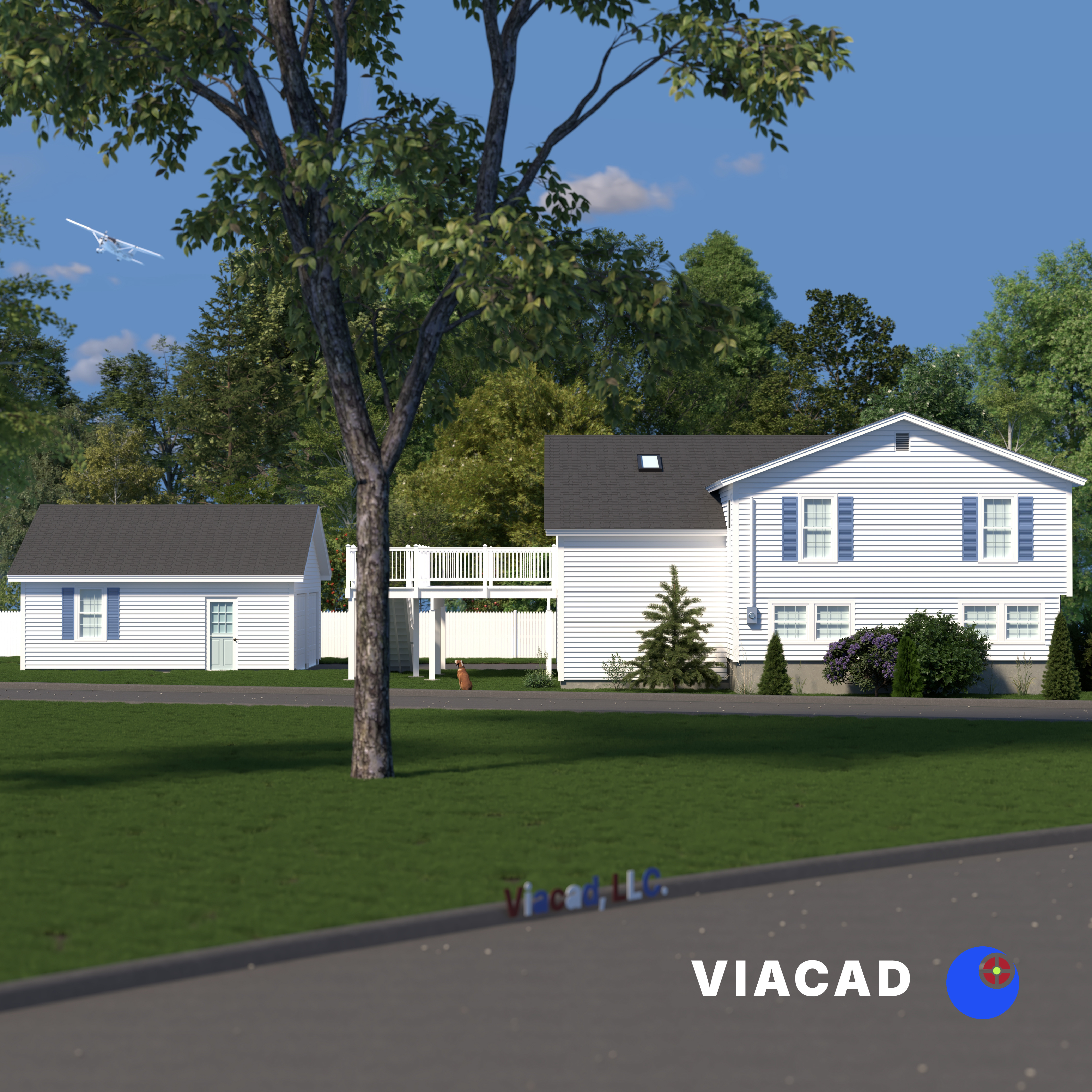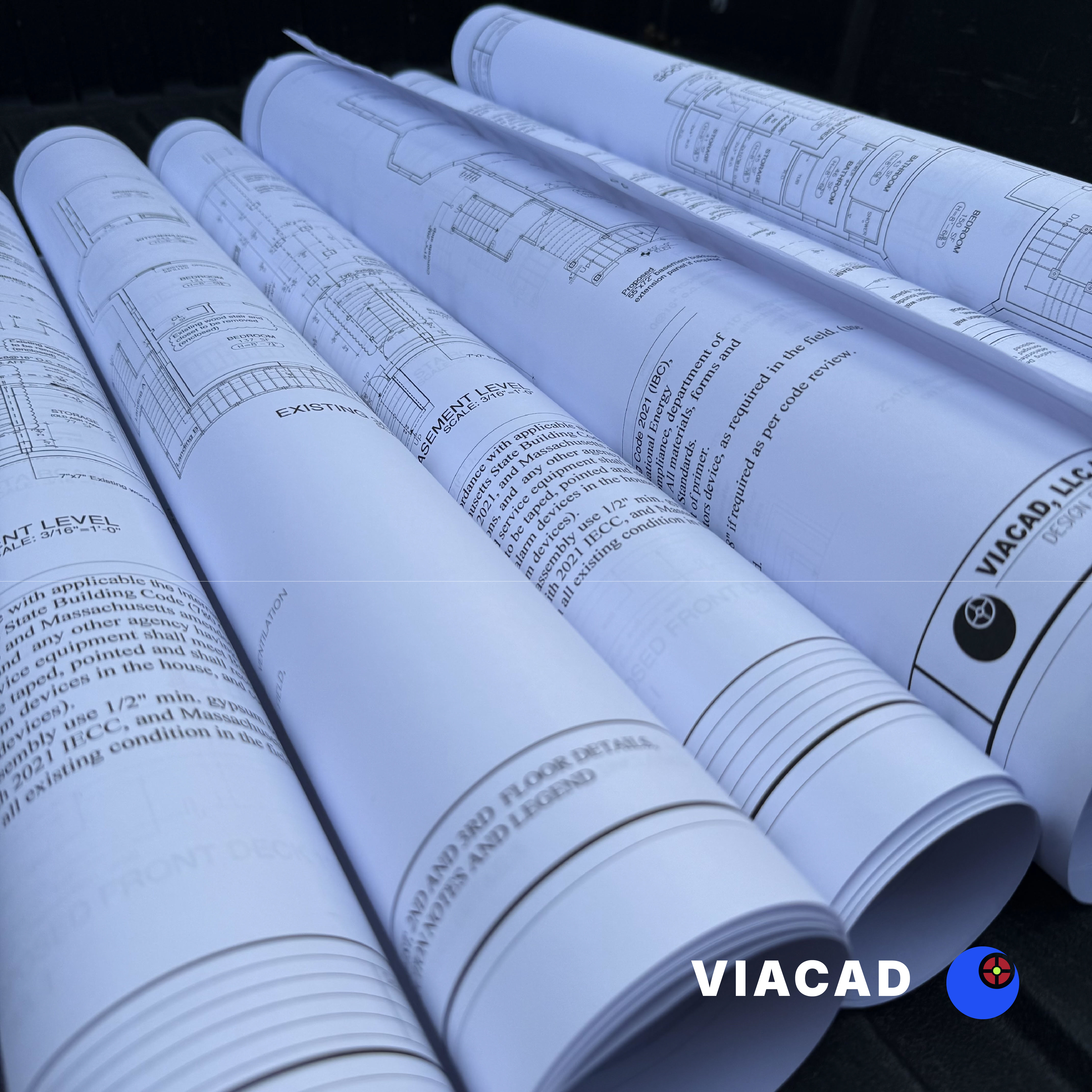
Garage accessory dwelling units (ADUs) are increasingly popular in Massachusetts as a practical and efficient way to add additional living space to residential properties. These small, self-contained units, often built within or converted from existing garages, offer a versatile solution for homeowners seeking affordable housing options, rental income opportunities, or extra space for family members. This article explores the various aspects of garage accessory dwelling units in Massachusetts, including their benefits, design considerations, legal regulations, and their role in expanding housing stock across the state.
A garage accessory dwelling unit is a type of accessory dwelling unit that is either converted from an existing detached garage or built as a new detached structure resembling a garage. These units provide a compact living area that typically includes essential features such as a sleeping area, bathroom, and kitchen facilities. Unlike internal ADUs, which are integrated within the primary house, garage ADUs are detached and offer more privacy and independence.
In Massachusetts, garage ADUs share similarities with other accessory structures like carriage houses, granny flats, laneway houses, and tiny homes. They are designed to fit within the same lot as the main home, maximizing the use of available space without requiring additional land. This makes them an attractive option for homeowners who want to enhance their property’s functionality while complying with Massachusetts’ local zoning regulations and ADU codes.
One of the primary benefits of garage accessory dwelling units in Massachusetts is their ability to generate rental income. Homeowners can rent out these units as long-term rentals or short term rentals, providing a steady source of revenue that helps offset mortgage costs or property taxes. Additionally, garage ADUs increase property value by adding functional living space, which is a significant advantage in Massachusetts' competitive housing markets.
Garage ADUs also offer social benefits by supporting multigenerational households. Families can accommodate extended family members, such as aging parents or adult children, in a comfortable, private space known as in-law units or guest houses. This arrangement fosters family cohesion while maintaining independence for each household.
From an urban planning perspective, garage accessory dwelling units contribute to affordable housing solutions by increasing housing stock without the need for new land development. Many Massachusetts cities encourage ADU development as a way to address housing shortages and provide diverse housing options that reflect changing household needs.
When planning a garage accessory dwelling unit in Massachusetts, homeowners must consider several design and construction factors to ensure the project’s success. The physical form of the ADU should harmonize with the primary house and the surrounding neighborhood to maintain aesthetic appeal and community standards.
Typical garage ADUs include a sleeping area, bathroom, and sometimes a small kitchen or kitchenette, making them fully functional living spaces. The floor plan must optimize the limited space available, often employing clever storage solutions and multi-purpose furniture to enhance livability.
Construction can involve converting an existing detached garage or building a new detached ADU on the backyard or other accessory structure grounds. New construction projects should comply with Massachusetts’ local regulations and ADU codes, which dictate requirements such as maximum unit size, setbacks, parking, and utilities.
At this stage, having detailed and accurate design plans is essential. Many homeowners underestimate the importance of quality plans—they are not just for obtaining permits but are crucial for receiving accurate bids from contractors and protecting the homeowner’s investment. Typically, the process is done backwards: homeowners contact contractors first, and contractors then reach out to design firms. However, working with a design specialist like VIACAD, LLC. upfront allows homeowners to control the bidding process by having clear, comprehensive plans in hand, enabling them to solicit bids from multiple contractors and make informed decisions.
At VIACAD, LLC., we specialize in residential design plans tailored to Massachusetts properties, ensuring compliance with local codes and zoning. With over 18 years of experience serving homeowners and contractors in Worcester and Central Massachusetts, our team creates clear, buildable blueprints that streamline construction and accelerate approvals. We understand the unique conditions of each property and customize plans to reflect your goals and local regulations. This approach minimizes surprises, reduces delays, and helps keep your project on track.

Compliance with zoning regulations and obtaining the necessary building permits are critical steps in any garage accessory dwelling unit project in Massachusetts. The state has enacted laws to promote ADU development, including provisions that override restrictive local zoning ordinances to facilitate the creation of accessory dwelling units.
Permitted ADUs in Massachusetts typically must meet specific criteria related to size, occupancy, and design. Homeowners should consult their local planning departments to understand the applicable zoning regulations and ensure their project adheres to all requirements. This includes obtaining a building permit before construction begins to avoid legal issues and ensure safety standards are met.
Having a professionally prepared set of plans from a firm like VIACAD, LLC. can significantly ease the permitting process. Clear, accurate drawings that reflect local code requirements help municipal reviewers quickly understand and approve your project, reducing the risk of costly delays or revisions. By investing in quality plans early, homeowners set their projects up for smoother progress from permit application through construction.
Garage accessory dwelling units differ from other types of ADUs, such as basement units, internal ADUs, or attached units. While basement ADUs are located within the existing home’s foundation and attached ADUs share a wall with the main house, garage ADUs are detached structures, offering more privacy and flexibility in design.
Compared to tiny houses or carriage houses, garage ADUs in Massachusetts often utilize existing structures, which can reduce construction costs and time. However, new detached ADUs built as garage-style units provide similar benefits in terms of independence and additional living space.
When planning these various ADU types, having detailed design plans is the foundation of a successful build. VIACAD, LLC. serves as the quiet engine behind many Massachusetts residential projects, translating homeowner visions into precise, code-compliant plans that contractors rely on to build efficiently and correctly. This behind-the-scenes design work is a key factor in avoiding costly mid-project changes and ensuring the final outcome matches your expectations.
Affordable housing remains a pressing issue in many Massachusetts cities, and garage accessory dwelling units play a vital role in addressing this challenge. By increasing the housing stock through accessory dwelling units, Massachusetts communities can offer more affordable options without expanding urban sprawl.
Garage ADUs tend to be more cost-effective than building new houses, making them accessible to a broader range of homeowners and renters. They provide an alternative to traditional housing that reflects modern lifestyle needs, including the desire for smaller, efficient living spaces such as tiny homes and granny flats.
Garage accessory dwelling units represent a smart, flexible solution for Massachusetts homeowners seeking to expand their property’s functionality, generate rental income, and contribute to affordable housing. Whether converting an existing detached garage or embarking on new construction, these units provide additional living space that supports extended families, enhances property value, and complies with evolving zoning regulations.
At VIACAD, LLC., we understand the importance of quality design in making your ADU project a success. By providing tailored, comprehensive plans early in the process, we help homeowners in Massachusetts take control of their projects, obtain permits smoothly, and work confidently with contractors. Our experience and local expertise make us a trusted partner behind the scenes, turning your ideas into clear, buildable plans that bring your garage accessory dwelling unit to life.
As Massachusetts cities continue to adapt their laws and promote ADU development, garage accessory dwelling units will remain an essential part of the housing landscape, offering practical benefits for homeowners and communities alike. By understanding the design, legal, and social aspects of garage ADUs in Massachusetts, homeowners can make informed decisions that reflect their needs and maximize the potential of their residential property.


Currently accepting projects in Massachusetts.